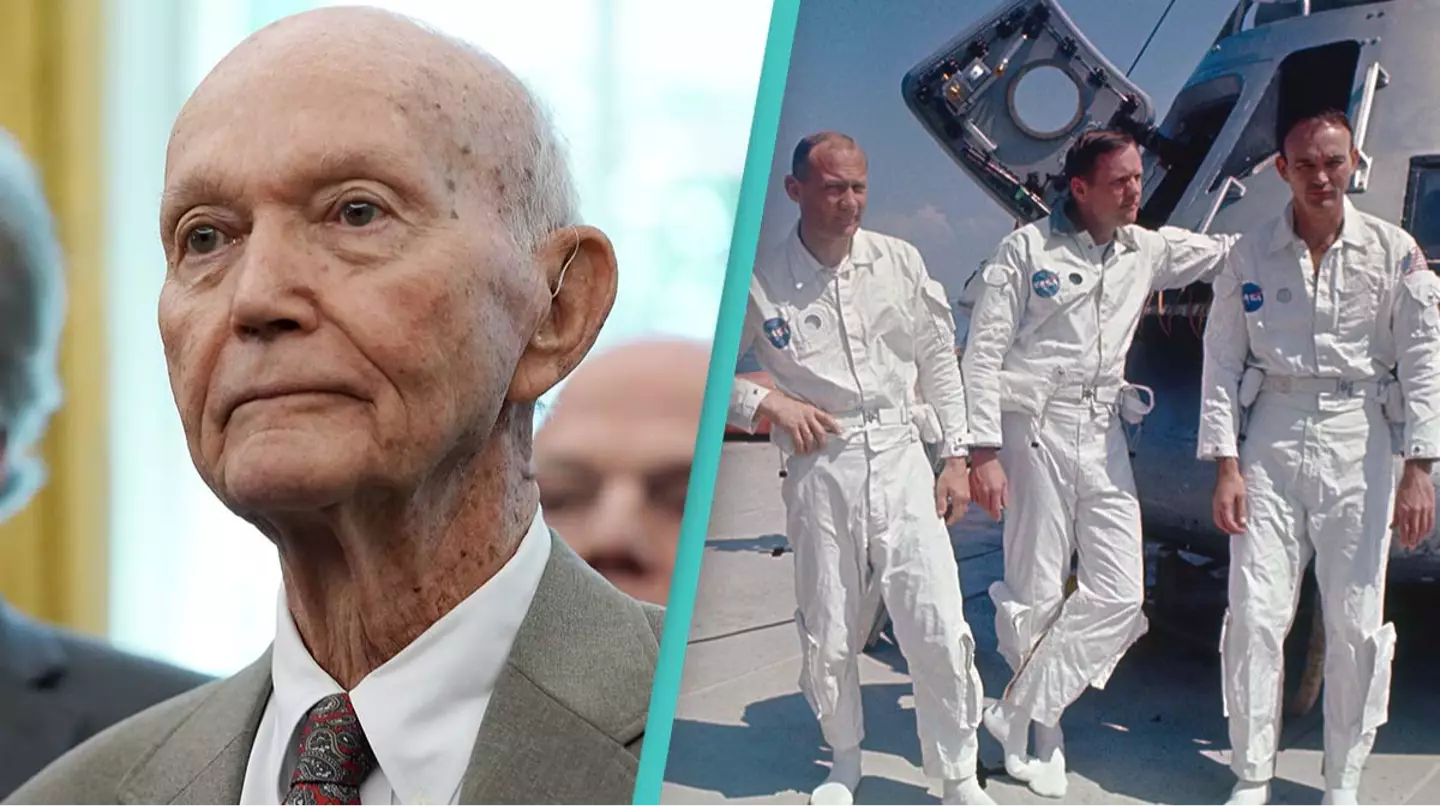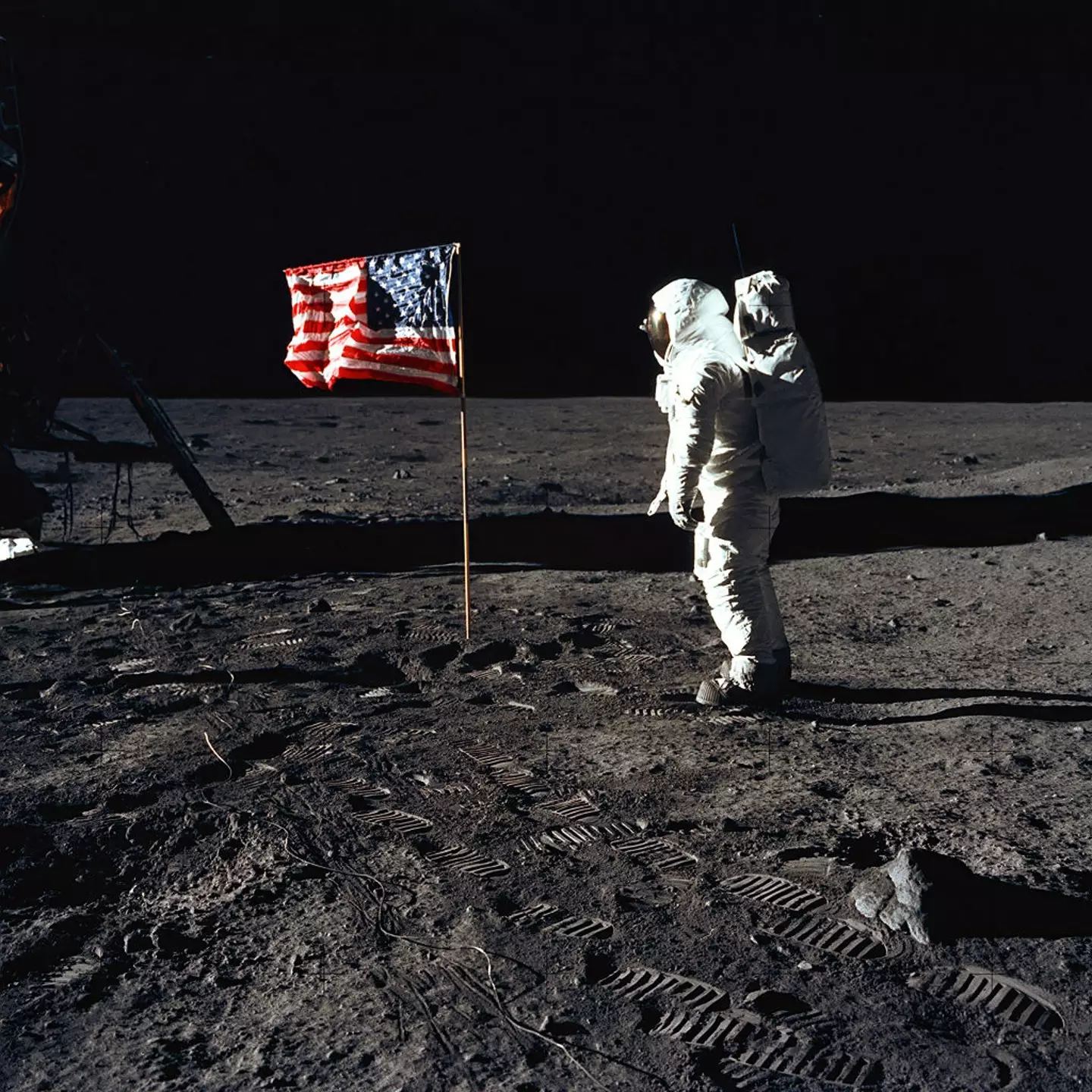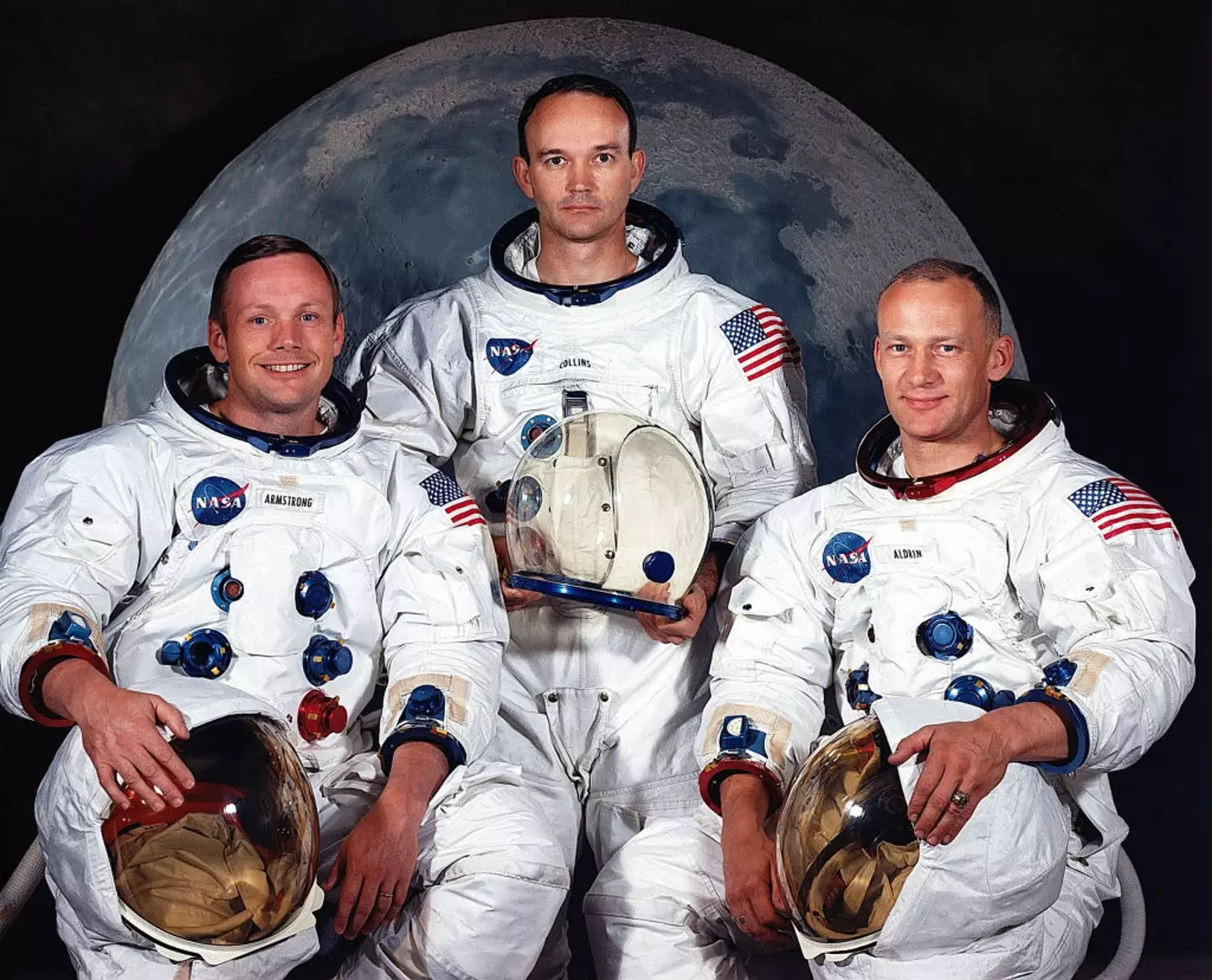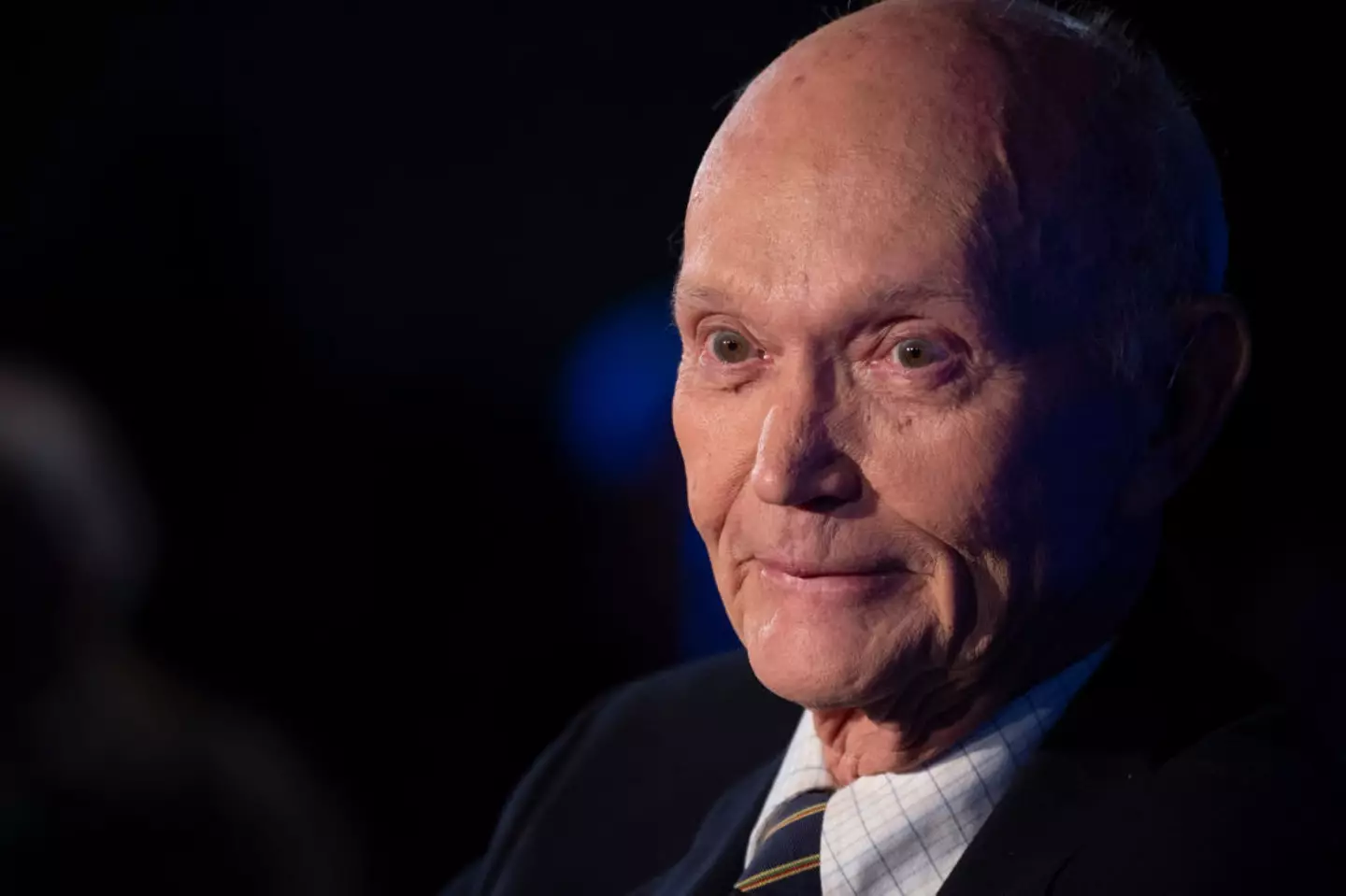
The 'forgotten astronaut' of the historic moon landing once opened up about the strange way he and the crew were treated upon arriving back on Earth.
NASA's 1969 Apollo 11 mission changed our knowledge on outer space as we know it, marking the first ever moment mankind set foot upon the surface of the moon.
"That's one small step for man, one giant leap for mankind," were the words of astronaut Neil Armstrong as he made the history-making steps on the lunar surface.
Advert
Edwin E 'Buzz' Aldrin followed closely behind, before the pair erected the American flag into the moon - a pivotal moment in the history of mankind.
But did you know that there was a third astronaut on board the the lunar command module that allowed Armstrong and Aldrin to take those infamous steps?
That astronaut was Michael Collins, who successfully piloted the spacecraft and got his crew safely back to Earth.

Collins, who died at the age of 90 in 2021, trained first as a fighter pilot and had always had dreams of seeing the stars.
Speaking to 60 Minutes Australia back in 2019, he said: "Did I have the best seat on Apollo 11? No. Was I happy with the seat I did have?
"Yes – I really was, and to be any small part of that suited me very, very well.
"And, besides, I was their ticket home – they couldn't get home without me."
As his crew mates collected rocks on the surface, Collins orbited on the far side of the moon in complete darkness.

"The food was terrible, but I enjoyed my time behind the moon, it's a more rugged place and not a very comfortable place," he added.
While the moon was 'impressive', Collins said it was 'nothing compared to our home planet'.
But upon their return home, Collins admitted the way he and his crew were treated was slightly bizarre.
"We were put into quarantine for two weeks," he said. "Some of our scientists were worried about the pathogens that we might have brought back from the moon, they possibly would be dangerous to humankind.

"So, their solution to that was to put us inside a hermetically sealed container with a gigantic colony of white mice – [if] the white mice lived we were okay, [if the] white mice died we were in deep trouble.
"Of course, I was checking on them... there were too many of them to give names to but they became my friends."
Thankfully, the mice survived and the astronauts were soon reunited with their families and loved ones.
Space exploration and travel has come in leaps and bounds since 1969, with India making history as the first country to land on the moon's South Pole earlier this year.
Topics: Space, NASA, US News, Technology